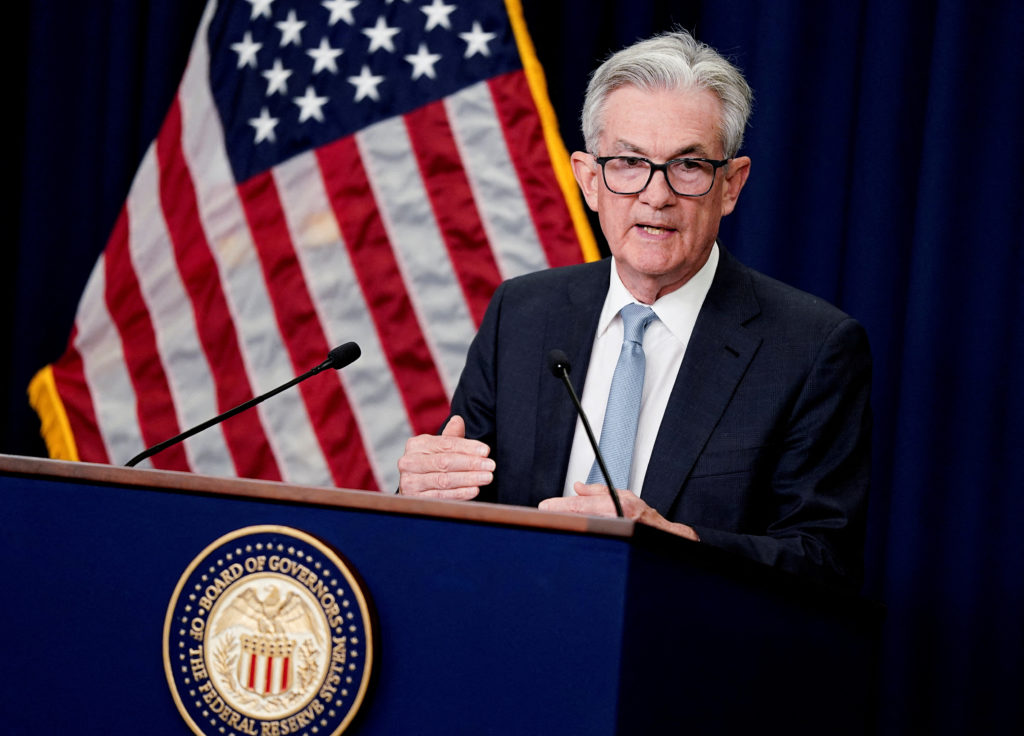Debt Ceiling Crisis
Former President Donald Trump has once again made waves in the political arena by suggesting that Republicans should allow the United States to default on its debt if Democrats fail to meet their demands for spending cuts. Trump’s provocative statement has sparked intense debate and raised concerns about the potential consequences of such a drastic measure. Let us delve deeper into the implications of this proposal and its possible ramifications.
The United States has historically maintained a bipartisan consensus on raising the debt ceiling to ensure the country can meet its financial obligations. However, Trump’s remarks indicate a significant departure from this tradition. With the debt ceiling set to be reached in the near future, negotiations between Democrats and Republicans have become increasingly tense. Trump’s suggestion of allowing a default is a high-stakes maneuver aimed at pressuring Democrats into making significant spending cuts.
The Potential Consequences:
Allowing the United States to default on its debt would have severe ramifications for the country’s economy and global standing. Financial markets would likely be destabilized, leading to increased borrowing costs, reduced consumer confidence, and a downturn in investment. The repercussions would extend beyond U.S. borders, as the dollar’s status as the world’s reserve currency could be undermined, impacting international trade and causing a ripple effect across the global economy.
Political Fallout:
Trump’s proposal puts Republicans in a challenging position. While some may see it as a bold and principled stance against excessive government spending, others recognize the potentially catastrophic consequences of such a move. The Republican Party would risk being seen as responsible for triggering an economic crisis, which could have severe political repercussions. Striking a balance between fiscal responsibility and avoiding a default will require delicate negotiations and a willingness to compromise.
The Democrats’ Response:
Democrats have criticized Trump’s suggestion, arguing that it prioritizes political brinkmanship over the well-being of the American people. They contend that refusing to raise the debt ceiling would jeopardize essential government functions, such as Social Security payments, military salaries, and public services. Democrats emphasize the importance of finding a bipartisan solution that addresses spending concerns without endangering the nation’s financial stability.
The Way Forward:
The possibility of a default should serve as a wake-up call for both parties to reevaluate their approaches to fiscal responsibility and spending cuts. While reducing government waste and inefficiencies is crucial, jeopardizing the country’s creditworthiness is not a viable solution. It is essential for politicians on both sides of the aisle to engage in constructive dialogue, seeking common ground to address the long-term challenges facing the United States.
Donald Trump’s suggestion that Republicans should allow the United States to default if Democrats fail to meet spending cut demands has ignited a heated debate. While the proposal may appeal to some fiscal conservatives, the potential consequences of such a maneuver cannot be ignored. Allowing a default could trigger an economic crisis with far-reaching implications. As negotiations unfold, both parties must prioritize the country’s financial stability and find a responsible solution that balances fiscal responsibility with the needs of the American people.
However it is imperative to note that the if American government does indeed need to cut costs as the country barrels further into debt, in which at some point the country will have no option but to declare bankruptcy.




























